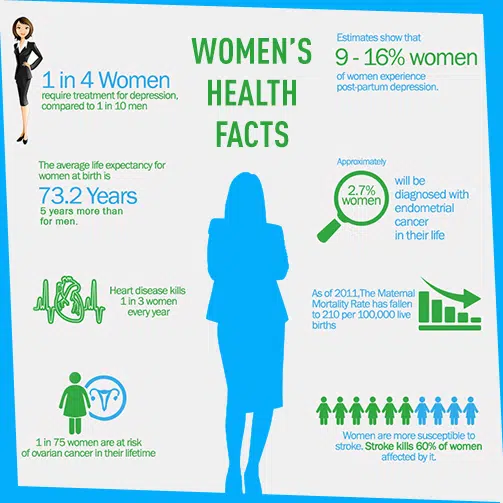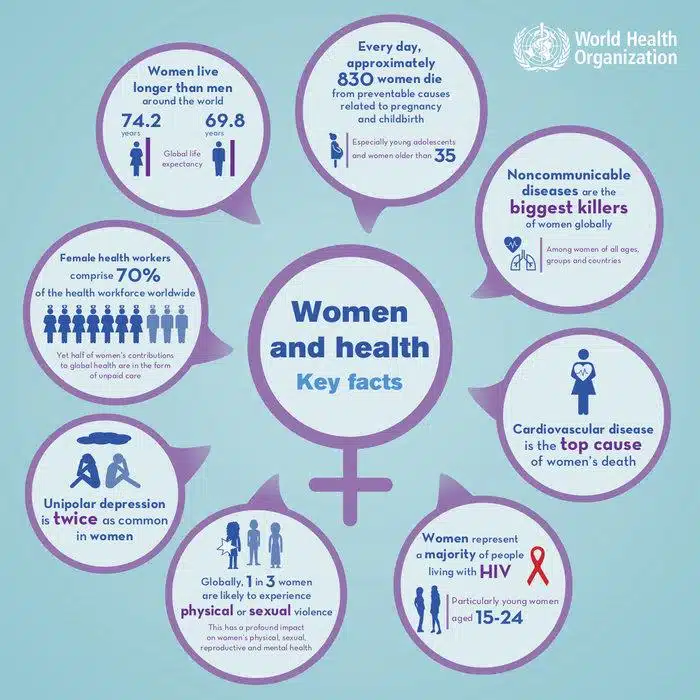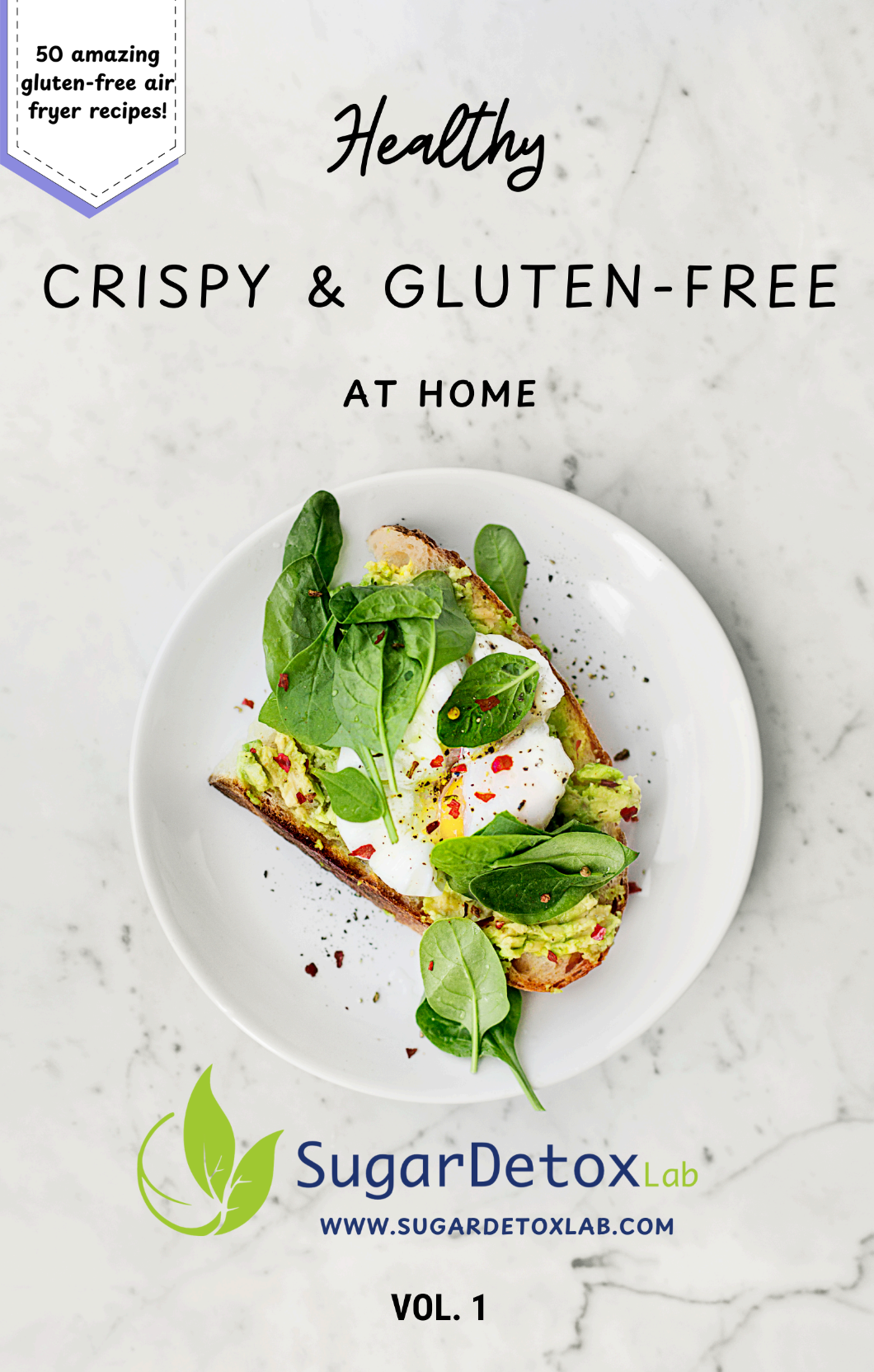Understanding what women need to know about their health extends far beyond occasional doctor visits and basic nutrition advice. Women’s bodies undergo unique changes throughout life—from menstruation and pregnancy to perimenopause and beyond—each phase requiring specific nutritional support and preventive care strategies. The connection between blood sugar stability, hormonal balance, and long-term wellness forms the foundation of optimal female health.
Modern women juggle countless responsibilities while often neglecting their own health needs. However, the most successful approach to lasting wellness combines proactive medical screenings with nutrition strategies that support hormonal balance and metabolic health. When you understand how sugar intake affects your hormones, energy levels, and disease risk, you can make informed decisions that protect your health for decades to come.
This comprehensive guide explores the essential health knowledge every woman should possess, from crucial preventive screenings to hormone-supporting nutrition that keeps blood sugar stable and energy consistent throughout your busy life.

What Women Need to Know About Their Health and Why It Matters
Traditional approaches to women’s health often treat symptoms in isolation rather than addressing the interconnected systems that govern female wellness. A headache might be dismissed as stress, fatigue blamed on busy schedules, and mood swings attributed to “just being emotional.” However, these symptoms often reflect deeper imbalances in blood sugar regulation, nutrient deficiencies, or hormonal disruptions that respond beautifully to targeted nutrition interventions.
What women need to know about their health centers on understanding that female bodies require different nutritional support than male bodies due to monthly hormonal fluctuations, higher iron needs, unique bone density concerns, and the metabolic demands of potential pregnancy and breastfeeding. Additionally, women are more susceptible to autoimmune conditions, thyroid disorders, and hormonal imbalances that can be significantly improved through strategic nutrition choices.
The superior approach combines evidence-based medical screenings with nutrition strategies that support stable blood sugar, reduce inflammation, and provide the micronutrients essential for optimal hormone production. This integrated method addresses root causes rather than simply managing symptoms, leading to sustainable improvements in energy, mood, and long-term disease prevention.
Essential Health Knowledge Every Woman Needs

Preventive Care and Screenings: Your First Line of Defense
Regular preventive screenings form the cornerstone of what women need to know about their health. These proactive measures catch potential problems early when treatment is most effective and least invasive.
Well-Woman Exams should occur annually starting in your twenties. These comprehensive appointments provide opportunities to discuss concerns, update vaccinations, and receive necessary screenings. Use this time to address nutrition questions, hormone concerns, and any symptoms you’ve been experiencing.
Cervical Cancer Prevention through Pap smears and HPV testing follows specific guidelines based on age. Women ages 21-29 need Pap smears every three years, while those 30-65 can choose Pap smears every three years, HPV tests every five years, or both together every five years. These screenings have dramatically reduced cervical cancer rates when followed consistently.
Breast Health Awareness includes monthly self-examinations to notice changes in texture, size, or appearance. Clinical breast exams during annual visits complement self-awareness, while mammograms typically begin between ages 40-50 depending on personal and family history. Discuss timing with your healthcare provider based on your individual risk factors.
Bone Density Monitoring becomes crucial as women age, with DEXA scans recommended starting at age 65 for all women, or earlier for those with risk factors like family history, smoking, or certain medications. Nutrition plays a massive role in bone health, making vitamin D, calcium, and magnesium intake essential components of preventive care.
Hormonal Health and Blood Sugar Connection
Understanding the intricate relationship between blood sugar stability and hormone balance represents critical knowledge for women’s health. Insulin spikes from high-sugar meals can disrupt ovarian hormone production, worsen PMS symptoms, and contribute to conditions like PCOS (polycystic ovary syndrome).
Stable blood sugar supports consistent energy levels, improved mood regulation, and more balanced menstrual cycles. Women following sugar-conscious eating patterns often report reduced PMS symptoms, clearer skin, and more predictable cycles.
The stress hormone cortisol also interacts significantly with blood sugar regulation. Chronic stress combined with blood sugar spikes creates a cycle that can lead to adrenal fatigue, disrupted sleep, and weight gain around the midsection—all common concerns in what women need to know about their health.
Nutrition Strategies That Support Women’s Health

Anti-Inflammatory Foods for Hormonal Balance
What women need to know about their health includes recognizing that chronic inflammation underlies many female health concerns, from painful periods to autoimmune conditions. Anti-inflammatory foods rich in omega-3 fatty acids, antioxidants, and fiber can significantly reduce inflammatory markers and support overall wellness.
Fatty fish like wild salmon provides EPA and DHA omega-3s that reduce inflammatory prostaglandins responsible for menstrual cramps. Leafy greens supply folate and magnesium essential for hormone production and nervous system function. Colorful vegetables deliver antioxidants that protect against cellular damage and support liver detoxification pathways crucial for hormone metabolism.
Micronutrient Needs Specific to Women
Women require higher levels of certain nutrients due to menstruation, pregnancy potential, and hormonal fluctuations. Iron deficiency remains one of the most common nutritional deficiencies in women of childbearing age, leading to fatigue, hair loss, and decreased immune function.
Folate needs increase significantly during reproductive years to prevent birth defects and support DNA synthesis. Calcium and vitamin D work synergistically to maintain bone density and support muscle function. B vitamins, particularly B6 and B12, play crucial roles in energy metabolism and neurological function.
Understanding these increased nutritional needs helps women make informed food choices that support optimal health rather than simply following generic dietary recommendations designed for the general population.
Common Health Challenges and Nutritional Solutions

Managing Energy Fluctuations
Many women experience afternoon energy crashes, morning fatigue, or inconsistent energy levels throughout their cycles. These patterns often reflect blood sugar instability combined with inadequate protein intake and micronutrient deficiencies.
Balancing meals with adequate protein, healthy fats, and fiber-rich carbohydrates helps maintain steady blood sugar levels. Strategic meal timing that includes protein-rich breakfasts and balanced snacks prevents the energy rollercoaster that affects productivity and mood.
Addressing Hormonal Symptoms Naturally
PMS, irregular cycles, and perimenopausal symptoms often respond well to targeted nutritional interventions. Magnesium supplementation can reduce cramping and improve sleep quality. Healthy fats support hormone production, while fiber aids in hormone elimination through the digestive system.
Reducing refined sugars and processed foods decreases inflammatory burden and supports more balanced hormone levels. Many women find that consistent nutrition strategies provide relief comparable to or superior to conventional treatments for hormonal symptoms.
different flavors. For additional protein, add a scoop of unflavored collagen peptides or plant-based protein powder. This smoothie bowl provides healthy fats, fiber, and antioxidants that support hormonal balance and stable blood sugar levels throughout the morning.
Modern Health Monitoring and Technology
Digital Health Tracking for Women
Contemporary health management increasingly incorporates technology to help women understand their unique patterns and needs. Cycle tracking apps can identify trends in symptoms, energy levels, and mood fluctuations that inform both lifestyle and medical decisions.
Continuous glucose monitors, once reserved for diabetics, now help health-conscious women understand how different foods affect their blood sugar levels. This real-time feedback proves invaluable for optimizing nutrition choices and maintaining stable energy throughout the day.
Telehealth and Preventive Care Access
Remote healthcare options have expanded access to specialized women’s health services, particularly beneficial for those in rural areas or with busy schedules. Virtual consultations can address nutrition concerns, hormone questions, and follow-up care between in-person visits.
However, certain screenings still require in-person visits. Mammograms, Pap smears, and bone density tests cannot be performed remotely, making it essential to maintain relationships with local healthcare providers for comprehensive preventive care.
Personalized Nutrition Based on Genetics
Emerging genetic testing services provide insights into individual nutritional needs, medication metabolism, and disease risk factors. While not essential for basic health maintenance, these tools can help women optimize their nutrition strategies based on genetic predispositions.
Understanding genetic variants affecting vitamin D metabolism, folate utilization, or caffeine sensitivity can inform personalized nutrition approaches that maximize health outcomes while minimizing trial-and-error approaches to diet modifications.

Frequently Asked Questions
What are the most important health screenings women should never skip?
The most critical screenings include annual Pap smears (starting at age 21), mammograms (typically beginning between ages 40-50), bone density tests (starting at 65 or earlier with risk factors), and colonoscopies (starting at 45). These screenings catch cancers and serious conditions early when treatment is most effective. Additionally, regular blood pressure checks, cholesterol panels, and blood sugar testing help identify cardiovascular and metabolic risks that disproportionately affect women as they age.
How does nutrition specifically impact women’s hormonal health differently than men’s?
Women’s hormones fluctuate monthly, creating varying nutritional needs throughout the menstrual cycle. Iron needs are higher due to menstrual blood loss, while folate requirements increase significantly during reproductive years. Blood sugar spikes can worsen PMS symptoms and disrupt ovarian function more dramatically in women. Additionally, women are more susceptible to thyroid disorders, which are heavily influenced by iodine, selenium, and tyrosine intake. Perimenopause and menopause create additional nutritional challenges as estrogen decline affects bone density, requiring increased calcium, vitamin D, and magnesium.
What should women know about their health when it comes to managing stress and cortisol levels?
Chronic stress disproportionately affects women’s health by disrupting the delicate balance between cortisol, insulin, and reproductive hormones. High cortisol levels can lead to irregular periods, difficulty losing weight, sleep disruption, and increased risk of autoimmune conditions. Women need to know that stress management isn’t just about relaxation—it requires blood sugar stability through balanced nutrition, adequate sleep, regular movement, and addressing underlying nutrient deficiencies like magnesium and B vitamins that support the nervous system.
Are there specific nutritional needs women should focus on during different life stages?
Yes, women’s nutritional needs change significantly throughout life. Reproductive years require higher iron, folate, and calcium. Pregnancy dramatically increases needs for multiple nutrients including folate, iron, omega-3s, and protein. Perimenopause and menopause shift focus to bone-supporting nutrients, heart-healthy fats, and foods that help manage hormonal fluctuations. Older women need increased protein for muscle maintenance, vitamin B12 for neurological function, and vitamin D for bone and immune health. Understanding these changing needs helps women adapt their nutrition strategies appropriately.
How can women tell if their fatigue is related to nutrition versus other health issues?
Nutrition-related fatigue often correlates with meal timing and food choices, improving with balanced nutrition and stable blood sugar. Signs include afternoon crashes, feeling tired after meals, craving sugar or caffeine, and feeling energized after eating protein-rich foods. However, persistent fatigue despite good nutrition may indicate thyroid issues, anemia, sleep disorders, or other medical conditions requiring professional evaluation. Women should track their energy patterns, food intake, and symptoms to help healthcare providers determine whether fatigue stems from nutritional, hormonal, or other medical causes.

Conclusion
Understanding what women need to know about their health encompasses far more than basic medical screenings, though these remain absolutely essential. The integration of preventive healthcare with targeted nutrition strategies creates a powerful foundation for lifelong wellness that addresses the unique needs of female physiology.
From supporting stable blood sugar to nourishing hormone production, from building strong bones to maintaining cardiovascular health, women have the power to significantly influence their health outcomes through informed choices about nutrition, lifestyle, and preventive care. The key lies in recognizing that women’s health needs differ from general population recommendations and require personalized approaches that honor these differences.
By combining regular medical screenings with hormone-supporting nutrition strategies like our Green Goddess smoothie bowl, you create a comprehensive approach to wellness that prevents problems rather than simply treating them after they develop.
Ready to take control of your health journey? Start implementing these evidence-based strategies today, beginning with scheduling any overdue screenings and incorporating blood sugar-stabilizing foods into your daily routine. Explore more women’s health-focused recipes and wellness strategies at sugardetoxlab.com, and join our community of health-conscious women supporting each other’s wellness journeys. Share your own health victories and challenges in the comments below—together, we can revolutionize how women approach their health and wellness!
What Women Need to Know About Their Health: Complete Guide. Essential health knowledge for women, including preventive screenings, hormone-supporting nutrition, and blood sugar strategies. Plus hormone-healthy recipe!







